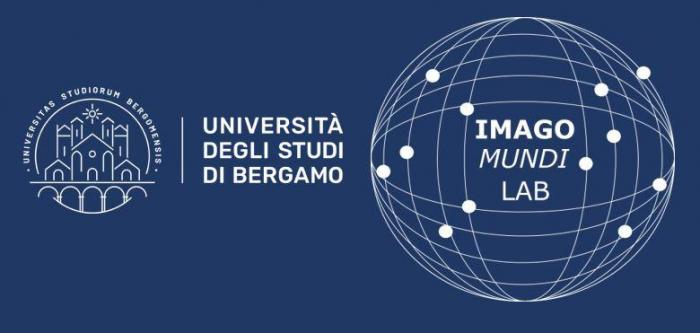
Imago Mundi Lab - Multimedia and Digital World Imaginaries is dedicated to forms of representation and different imaginaries of the contemporary world. It focuses on different ways to represent the material and immaterial aspects of spatiality, through multimedia and digital systems, using Information Technologies and Territorial Communication. Integrating the multiple languages of Geographic Information Systems, Augmented Reality, Virtual Reality and video-systems, the Lab adopts a typically Digital Humanities approach for the representation of different views and perceptions of various categories of inhabitants within multi-level governance processes. The Lab aims to provide theoretical/methodological and technical/applicative support for educational and research activities both on a national and international scale, as well as to promote Third Mission processes linked to territorial governance, following multi-factorial approaches and a reticular vision of the World. The history of the Lab finds its roots in the Diathesis Cartographic Laboratory, founded in 2004 by Emanuela Casti, which as of 2022 has been renewed and reorganized so as to allow new collaborators and colleagues to join in the development of new research projects.
For more information please contact:
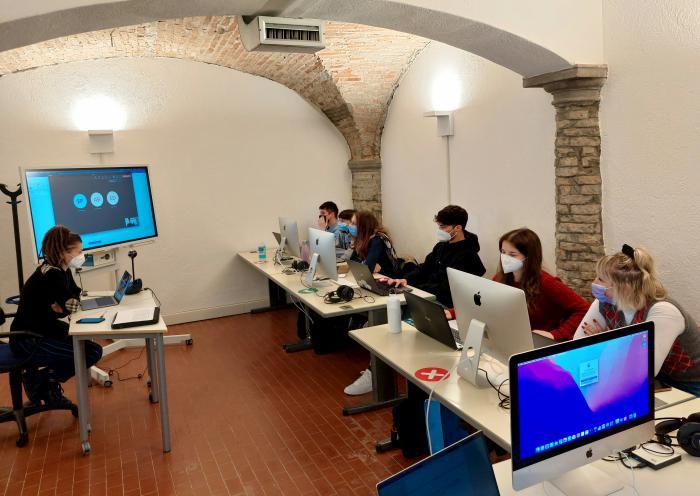
The VideoDigitalLab multimedia lab is primarily aimed at specialising students in the management of new visual communication systems. The lab, located at the Geography and Urban Studies MA degree headquarters, is equipped with five 27-inch iMac workstations, with headphones with microphone, hardware peripherals, uninterruptible power supplies and equipped with graphics and video editing software licences.
For more information please contact:
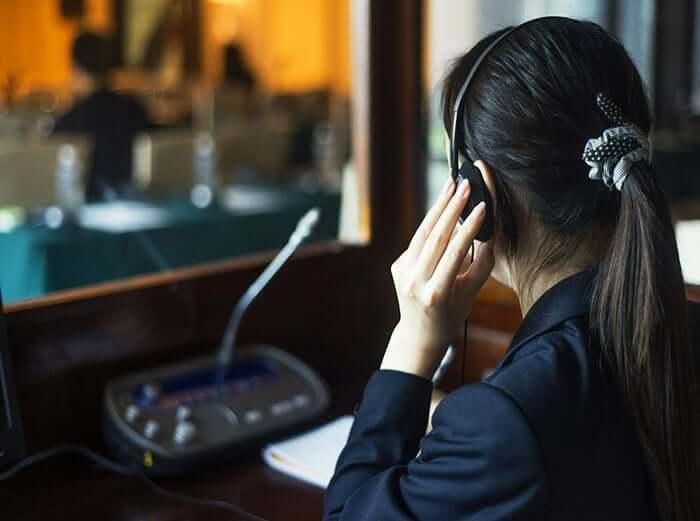
Within the activities promoted by the Research Group on Digital Humanities (ReDH), the Simultaneous Interpreting Laboratory offers four simultaneous interpreting booths (with a total of eight workstations) used both in language teaching and for seminar and workshop activities involving professional interpreters and translators. Licences were also purchased for sophisticated computer assisted translation programmes (CAT tools), such as the industry-leading Trados Studio and Trados Studio 2021, with which specific workshops were organised. This programme also offers students access to professional translators' forums for sharing experiences and enables them to obtain a certification that can immediately be used in the labour market. The Ooona software made it possible to set up workshops on technologies for composing and translating subtitles and creating audio descriptions. The Sketch Engine platform, an online resource for corpora analysis, also enables research in translanguaging and specialised translation. The lab is located in room 2, Via Salvecchio.
Fore more information please contact:
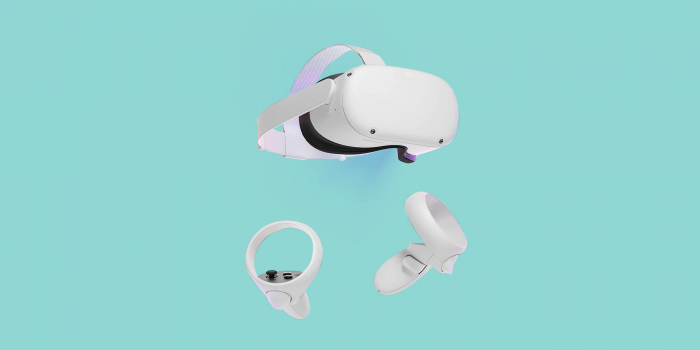
Within the activities promoted by the Research Group on Digital Humanities (ReDH), the Oculus Quest 2 Visors lab enables students to carry out language mediation sessions in four types of settings: Police Headquarters, SPRAR, Court and Territorial Commission for Immigration. Technology used: Viroi Oculus; Software: Unity.
For more information please contact:
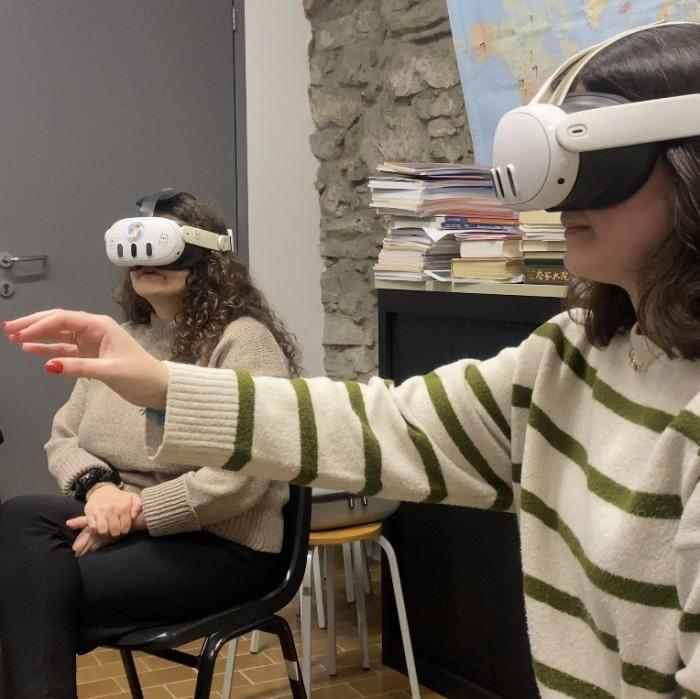
The Extended Reality Communication Lab deals with the creation and testing of tools and activities for the development of language and communication skills through augmented, virtual and mixed reality and through the use of AI. The Lab is equipped with XR tools, such as MetaQuest3 visors, workstations for development using Unity and Unreal Engine, tripods, microphones, and tablets for navigation. The research group has also developed the ESP-XR app to deepen language skills in specialised fields (medical, legal and business) through extended reality. The app is available free of charge. The lab collaborates with the Research Group on Digital Humanities (ReDH).
Further information is available at www.esp-xr.eu.
For more information please contact:
Within the activities promoted by the Research Group on Digital Humanities (ReDH), the UniBg Eye-Tracking Lab is equipped with a set of new-generation hardware and software that allows researchers from the Department of Foreign Languages, Literatures and Cultures to carry out various biometric readings. The combination of different sensors and data sources allows researchers to understand human behavior in a clearer, more systematic and incisive way, focusing on the reactions humans show to an array of different visual stimuli (e.g. written texts, images and various multimedia material).
The laboratory is equipped with a fixed working station and a mobile station (the mobile station allows field research, outside the University).
For more information please contact:
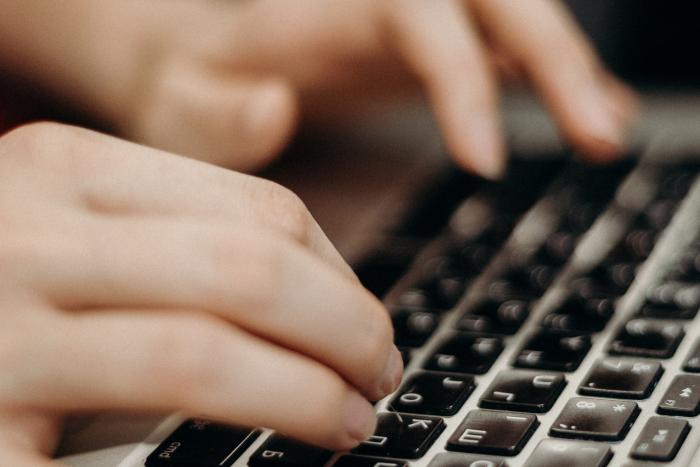
The Media Library at the Language Centre was built to support the media requirements of the highly qualified teaching activities envisaged by the Department of Excellence project, including the purchase of bibliographic and multimedia material. The facility has 11 PCs for audio-active-comparative language learning.
In addition, the Language Centre provides a laboratory with 17 networked PCs and a dialogue/reception space.
See the media library catalogue
For more information please contact: